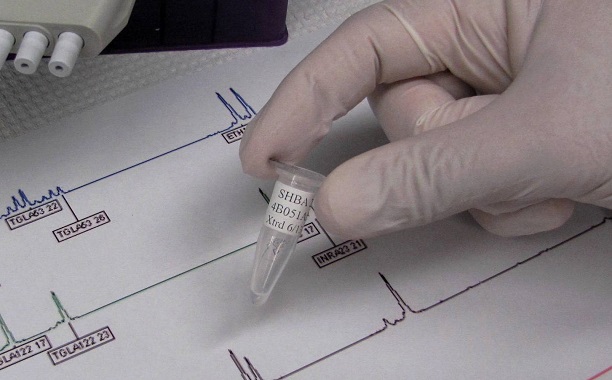23andMe, the Google-backed personal genetics company, has announced plans to mine its massive DNA database for drug targets.
On Thursday, 23andMe said that Richard Scheller, who retired last year as head of research and development at Roche Holding AG, will become their chief science officer next month and lead a therapeutics group in hopes of discovering new drugs, the Wall Street Journal reported.
The company hopes that mutations and genetic information in its database, plus links to health information customers have provided, will clue researchers into potential drug targets for common and rare diseases alike.
A dozen companies, such as Pfizer Inc., already use the genetic data under agreements with 23andMe to look for clues about specific diseases. According to Scheller, the last deal he signed at Roche was gaining access to 23andMe data to research Parkinson’s disease.
[quote text_size=”small” author=”– Anne Wojcicki” author_title=”Chief Executive Officer”]
Part of what we’re trying to do here is drug discovery in a more efficient model. Pharma companies don’t have a direct relationship with consumers, so they’re always subjects. By engaging them and giving it to them as a prize, saying, ‘You’ve powered this study and you’ve made this happen,’ we can do things in a different way.”
[/quote]
Unlike these collaborations, under which companies pursue clearly defined projects, the new 23andMe therapeutic group will look through the database broadly without restrictions.
The move is the latest evolution for the company, which first popularized the $99 personal DNA ancestry kits and has now become the one of the largest genetic data repositories in the world.
According to Bloomberg, 23andMe may run into competition and overlay with drug company customers to whom it sells its genetic data. President Andy Page did say that 23andMe’s current pharmaceutical partnerships will not be affected by the new venture.
23andMe is still recovering from an FDA ruling in 2013 that left it unable to sell health analyses from saliva tests, which impacted sales. Last month, 23andMe gained approval for its first screening kit that focuses on Bloom Syndrome, allowing consumers to check if they carry a rare mutation that may result in a child being born with the serious disease.
























